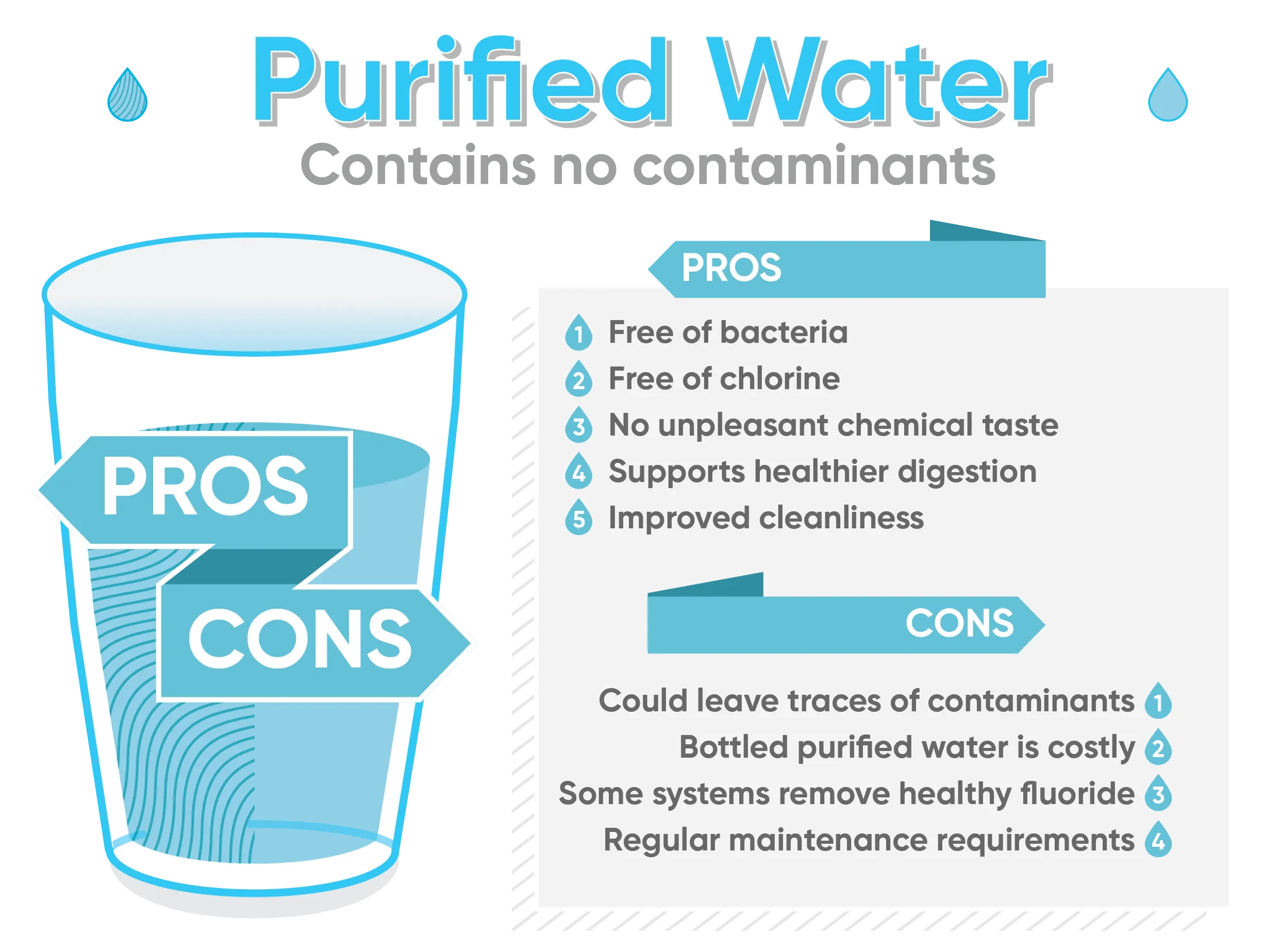
For health reasons, the average daily water intake is around 2.5 liters for men and 2.2 liters for women. Pregnant women and breastfeeding mothers need to drink more water due to high fluid loss.
Considering the effects of its values on the body, the quality of drinking water also becomes very important. Emphasizing that waters used after being purified by different methods are not healthy and safe, Medical Ecology and Hydroclimatology expert Prof. Dr. Müfit Zeki Karagülle explains what to consider when choosing healthy water:
Due to the increased water requirement during pregnancy and breastfeeding, mothers need to consume more water and fluids in order not to become dehydrated. While drinking 2-2.2 liters of water per day is normally sufficient for women, pregnant women should increase this amount to 2.5-3 liters per day and breastfeeding mothers should increase this amount to 3.5-4 liters per day, which is of great importance for the healthy development of both themselves and their babies.
Drinking lots of water during pregnancy helps ease the increased digestive load.
During pregnancy, it is necessary to prefer natural spring and natural mineral waters obtained from natural sources and offered for drinking under healthy conditions. Drinking enough water during pregnancy relieves the increased digestive load. Water also helps the circulation of nutrients in the mother’s body and ensures that nutrients, vitamins and minerals reach the baby through the mother’s blood. In addition, sufficient water intake helps the baby and mother to remove wastes formed as a result of metabolism. These functions may be disrupted and cause health problems in a pregnant woman who drinks insufficient water. For example, constipation is a common problem during pregnancy. Drinking more water will help relieve constipation. During pregnancy, the mother’s need for minerals, especially calcium, magnesium and fluoride, increases. Because the baby, which develops and grows in the mother’s womb, needs minerals dissolved in water both in general and for bone and muscle health in particular. Therefore, it would be much healthier for pregnant women to prefer natural mineral and natural spring waters rather than purified and demineralized waters.
Purification devices also purify water from substances that are beneficial and necessary for health.
It is a healthy choice to prefer natural spring and natural mineral waters obtained from natural sources, produced in safe and healthy conditions, offered for drinking and inspected. With the scarcity of water resources in the world and the development of advanced water treatment technologies, the habit of drinking water demineralized is increasing. While all treatment methods and techniques in treatment devices purify harmful chemical and microbiological components in water, they also remove all minerals and components that are beneficial and necessary for health from water. The result is an artificial water that contains almost zero minerals, which is pure water. Evidence obtained from systematic scientific reviews and experimental and clinical drinking water studies show that drinking water that has been demineralized or contains very low levels of minerals can directly or indirectly harm human health. However, the role of magnesium, which is found at certain levels in natural spring waters obtained from natural sources and containing various minerals, in preventing cardiovascular diseases and the effect of calcium in water in preventing bone weakness have been demonstrated with sufficient evidence.






